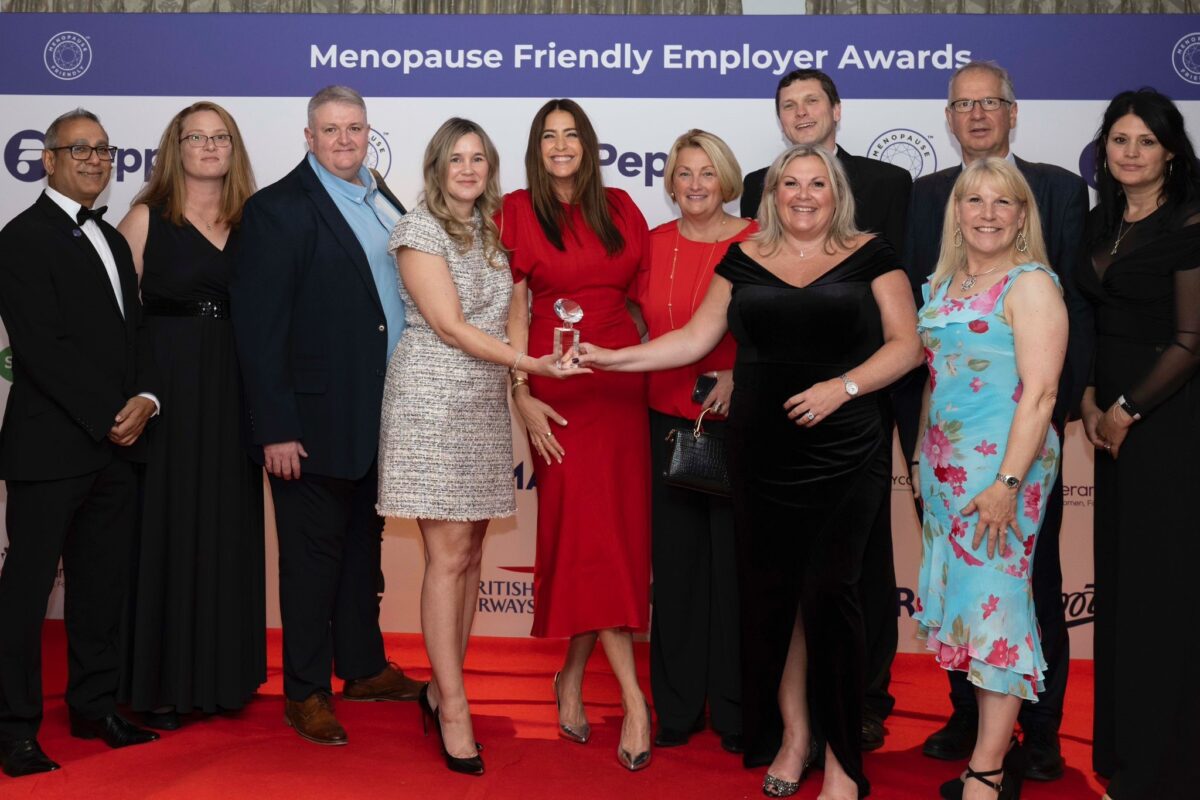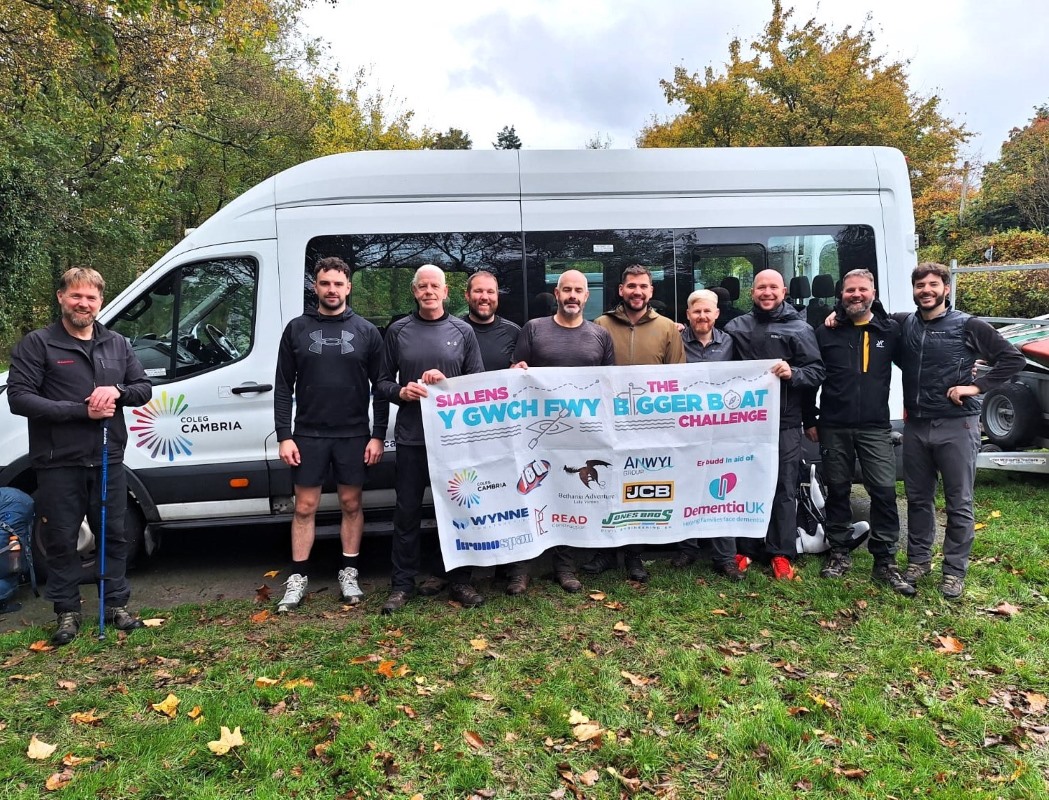Using the Power of Technology For Social Good – Super Connect for Good

Innovation funding specialists ABGI-UK were delighted to judge the Scotland and Wales regional applications once again for this year’s Super Connect for Good competition. This UK-wide competition seeks to discover and connect the best-emerging start-ups and scale-ups that are using technology to deliver positive social impact and enhance people’s lives.
Key Findings:
- ‘Tech for social good’ companies were worth £2.3 billion in 2018, with a turnover of £732 million – larger than the amount generated by the manufacture of consumer electronics in the UK (£634 million).
- Winners of the 2021 Super Connect for Good competition, Klik2Learn, help to provide disadvantaged individuals and communities with easier access to basic English skills through their learning hub and app.
- Studies have shown that in India a grasp of basic English can increase the earning potential of the average child by 34% over his/her life.
- Following funding provided by Gabriel Investments and making contact with The Unconnected, Klik2Learn were able to launch a number of pilots in India to deliver the Klik2Learn app to school children aged 10 to 16.
- The pilots achieved a 97% adoption rate amongst students, and Klik2Learn now has even further interest from a growing number of foundations in India.
- The company claimed R&D Tax Relief for the areas of their software development where there were no established techniques and where their own research was conducted.
- Innovation funding advisers and judges at the Super Connect for Good competition, ABGI-UK, guided the company through submitting their claims to HMRC, to provide them with immediate cash flow and greater returns in the long term.
- The team is currently in the midst of another round of funding to allow it to further drive wider market adoption.
Technological innovation doesn’t just bring economic benefits to our society. There are many opportunities to use the power of technology to help us overcome a number of our major social challenges.
According to the Tech Nation “Tech for Social Good” report, the UK is a global centre for socially responsible technology innovation. ‘Tech for social good’ companies were worth £2.3 billion in 2018, with a turnover of £732 million – larger than the amount generated by the manufacture of consumer electronics in the UK (£634 million).
Recognising the transformational effects that investing in innovation can have for businesses, ABGI were especially proud to be part of Super Connect for Good.
One thing that pleasantly surprised them during the judging process, was the sheer diversity of businesses using innovation to generate a positive social impact, as well as the variety of those impacts.
Profit With Purpose Technology – a Case Study
Take Klik2Learn as an example, winners of the 2021 Super Connect for Good EdTech award. This Glasgow-based business aims to transform lives by providing easier access to basic English skills for disadvantaged individuals and communities through the Klik2Learn learning hub and app.
As Ann Attridge, CEO of Klik2Learn is keen to point out “In many developing nations there is a social stigma attached to a lack of basic literacy, while a lack of basic English skills can be the difference between being a “have” and a “have not.” Studies have shown that in India a grasp of basic English can increase the earning potential of the average child by 34% over his/her life.”
Klik2Learn’s vision of creating a wide range of learning opportunities, to meet the needs and learning styles of each individual could have a significant impact on the social mobility of children, from a wide range of social backgrounds and circumstances, and deliver life-changing opportunities.
Klik2Learn Continues to Expand
The company’s first round of funding from Gabriel Investments, allowed the team to recruit business development and technical staff to focus on polishing the app’s customer interface and prepare the team to take advantage of the opportunities presented from taking part in the Super Connect for Good competition, at a much faster rate than Ann and the team could have ever imagined.
The increased media coverage and exposure from winning the EdTech Innovation Award allowed Klik2Learn to make contact with individuals and companies which have been instrumental in helping them take advantage of their first two international opportunities.
In particular, making contact with The Unconnected, another UK business aiming to improve access to internet connectivity for disadvantaged communities in developing countries, has allowed Klik2Learn to progress interest from a number of foundations in India. Together, with The Unconnected providing the necessary hardware and Klik2Learn the software, they launched a number of pilots in India to deliver the Klik2Learn app to school children aged 10 to 16.
The Steps to International Expansion
These pilots were a huge success, achieving a 97% adoption rate amongst students, and Klik2Learn now has even further interest from a growing number of foundations in India. The team have also received support from the Royal Agricultural University (sponsors of the Ed Tech Innovation award) and are now in discussions with a number of the RAU’s partner universities in China about providing basic English skills for students considering studying in the UK.
Ann Attridge is obviously delighted with the outcome: “This is a fantastic result for the Klik2learn team – validation of our vision to combine innovation with social impact to deliver life-changing educational opportunities. We’re very excited about the opportunity to work with the Royal Agricultural University on a pilot. It will be wonderful to discover new ‘use cases’ for our technology, and to receive guidance on how we can improve and scale our solution to help more people.”
Bridging the Innovation Funding Gap
“The Valley of Death” is the metaphor often used to describe the difficulty for early-stage high-growth businesses of translating research into commercial application, particularly due to lack of funding. As a result, there is considerable drop off in company numbers at venture, growth and established stage.
Small businesses with big visions like Klik2Learn are faced with such challenges as:
- Proving that both technology AND the core business model are viable;
- Securing the funding necessary to take the business through proof of concept, to technology development and all the way to market launch;
- With the added challenge of having to overcome the misconceptions that companies with a more purpose-driven mission are less investable.
The broader fiscal context is therefore extremely important, especially for smaller companies, to provide businesses the confidence to fund research and development projects to continue growth.
The good news is that there is help out there to get businesses through the challenges of developing the technology and getting the business up and running. From early-stage grants to commercial funding (such as loans, asset finance or equity investment), through to R&D tax relief and finally Patent Box for companies developing formal IP, there are many ways to meet the financial risk posed to innovative SMEs.
Funding Options Available
There are a number of funding options available for businesses choosing to harness technology for good from R&D tax relief to grant funding.
R&D tax relief can help to accelerate businesses to that next level by ensuring that the company receives a tax deduction or payable cash credit from HMRC for any costs incurred from product, service or software development provided that this qualifies according to HMRC. HMRC typically define R&D as overcoming technological uncertainties or achieving an advance in technology. Submitting these claims with the help of R&D tax credit partners can result in a significant cash injection for a business and eliminates the risk of an HMRC investigation.
Another viable way in which businesses can receive additional cash for their research and development projects such as the development of new technology is through grant funding. Grants are awarded to help businesses grow and develop and can be invested in innovative new products or services. Key to the success of grant applications is accurately assessing eligibility, completing applications without errors and providing the necessary documentation. Seeking the advice of end-to-end consultancy services is usually the best course of action to minimise any risk associated with grant applications.
R&D Tax Relief Drives Wider Market Adoption
Klik2Learn was keen to take advantage of the funding mechanisms available to support the company throughout their development lifecycle. They received early-stage funding from Gabriel Investments, which helped establish the initial setup of their company.
They subsequently claimed R&D Tax Relief for the areas of their software development where there were no established techniques or off-the-shelf solutions and where they had to undertake their own research and experimental development to move the baseline forward. Much of the output of this work is unseen, it comprises the software ‘plumbing’ needed to wrap online courses conforming to the well-established (ie old) SCORM standard behind modern user interfaces built with HTML5, CSS and JavaScript.
This experimental software development proved eligible for tax relief under HMRC’s R&D scheme for SMEs, resulting in Klik2Learn receiving a much welcome cash injection, which proved vital in supporting the company through the cash-hungry, early-stage technology development. Innovation funding advisers ABGI-UK guided them through the intricacies of submitting their claims to HMRC, ensuring they received every single penny they were entitled to, and advising on the impact of previously received grant funding, managing the interplay between both sources of funding to provide immediate cash flow and greater returns in the long term.
The team is currently in the midst of another round of funding to allow it to further drive wider market adoption, capitalising on the range of international opportunities that have presented themselves over the last six months, to realise the team’s vision of improving individuals’ lives through access to basic English language skills.
John McHugh, Commercial Director, commented: “We know that learning English helps unlock migrant capabilities, saves costs to public services, and in the long term promotes a more integrated and socially cohesive society. We deliver English as a Service (EaaS) and our goal is to use technology to make English learning affordable to those who need it most. It’s an honour to have a real role to play in a learner’s journey from migration to vocation.”











Responses